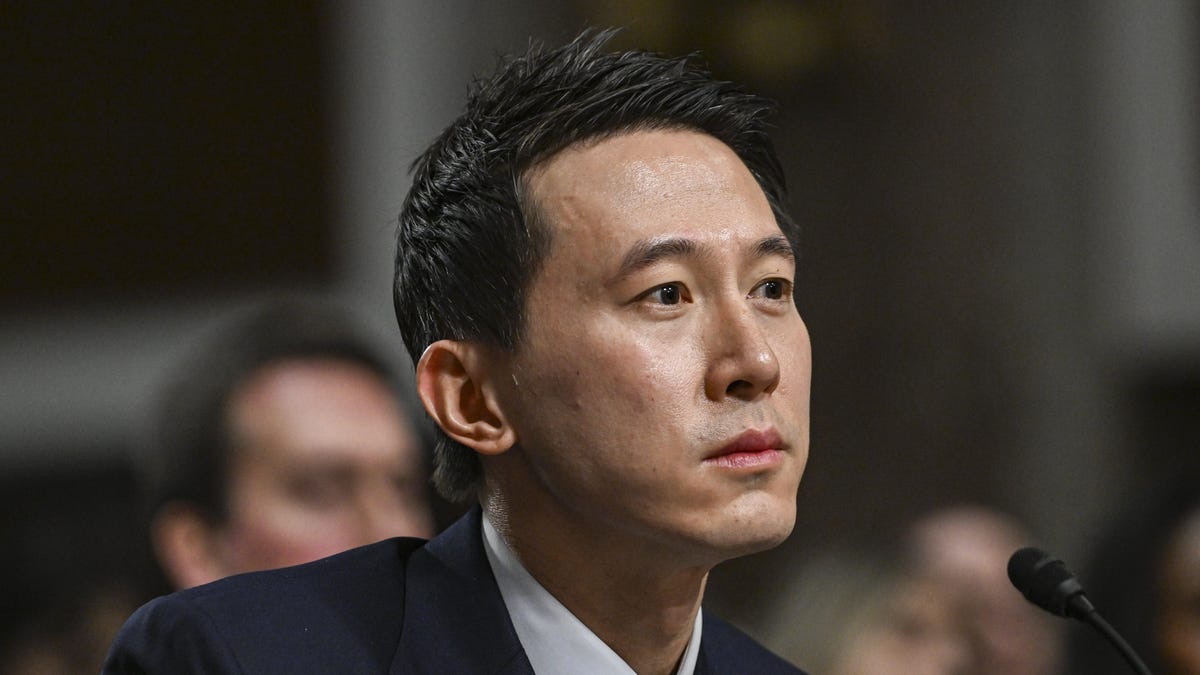The U.S. Senate Approval of the TikTok Bill
The United States Senate overwhelmingly passed the TikTok bill on Tuesday with a strong majority of 79-18 votes. This bill is designed to prohibit the popular social media platform TikTok unless its parent company, Bytedance, divests it to an American entity. The swift approval of this bill by Congress was part of a larger legislative package aimed at providing $90 billion in foreign aid to countries such as Ukraine, Israel, and Taiwan. President Joe Biden, in a statement released following the Senate vote, expressed his intention to sign the bill promptly, signaling the final steps necessary for the TikTok divestment or ban proposal to become law.
Upholding Democratic Values
“We’ve learned in recent years that democracy is a fragile and precious thing,” emphasized Senate Majority Leader Chuck Schumer during his address on the Senate floor. He stressed the imperative need to safeguard democratic principles against emerging threats, highlighting the critical importance of concerted efforts to ensure its defense in contemporary contexts.
Legal Battle Looming
Reports from Bloomberg have indicated that TikTok is gearing up for a legal confrontation with the U.S. government over the proposed ban. The social media giant contends that the ban constitutes a blatant violation of the First Amendment rights of its 170 million American users. The prospect of a legal showdown of this nature, potentially culminating in a Supreme Court hearing, sets the stage for a high-stakes legal battle between TikTok and governmental authorities.
Implications of the TikTok Bill
The “Protecting Americans from Foreign Adversary Controlled Applications Act,” commonly referred to as the TikTok bill, extends novel powers to the White House to address applications deemed national security threats. Under this legislation, U.S. presidents are empowered to designate apps as “foreign adversary-controlled applications” and mandate their sale to domestic entities within an extended period of 270 days. Failure to comply with this directive may result in the exclusion of the said apps from digital stores and access restrictions enforced by internet service providers in the United States.
Despite TikTok’s consistent denial of data sharing practices with the Chinese government, classified briefings received by Senators revealed alarming surveillance capabilities associated with the app. Concerns regarding potential privacy infringements raised during these briefings have contributed to the accelerated legislative actions aimed at regulating TikTok’s operations within the U.S.
Continued Opposition and Changing Stances
While the TikTok bill encountered initial delays in the Senate, the strategic alignment with critical foreign aid legislations facilitated its expeditious progression through Congress. Notably, concerns have been raised regarding the bill’s broad definitions of “foreign adversary-controlled applications” and the extent of presidential discretion in making such categorizations.
Former President Donald Trump’s reversal on TikTok, now expressing support for the platform, adds a dimension of intrigue to the unfolding narrative. By endorsing TikTok’s continued presence in the U.S., Trump aims to resonate with younger demographics while navigating the sensitive political landscape surrounding technology and national security concerns.
Public Sentiment and Industry Responses
Public opinion regarding a potential TikTok ban remains divided, with only 38% of U.S. adults indicating support for such measures according to the Pew Research Center. The clash between free speech assertions by TikTok and other social media platforms underscores the evolving discourse on digital rights and regulatory frameworks within the technology sector.
TikTok’s proactive engagement with its user base and extensive lobbying efforts reflect the platform’s determination to avert a ban under its current ownership. The company’s multi-faceted approach, encompassing public appeals and advocacy campaigns, underscores its commitment to challenging regulatory impositions through legal channels.
As TikTok prepares to contest the ban in court, the unfolding legal saga is poised to shape the future trajectory of tech regulation, privacy norms, and free speech paradigms in the digital landscape.
Image/Photo credit: source url





